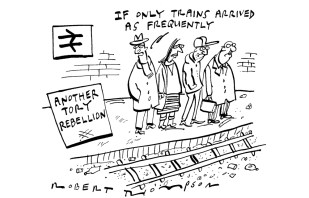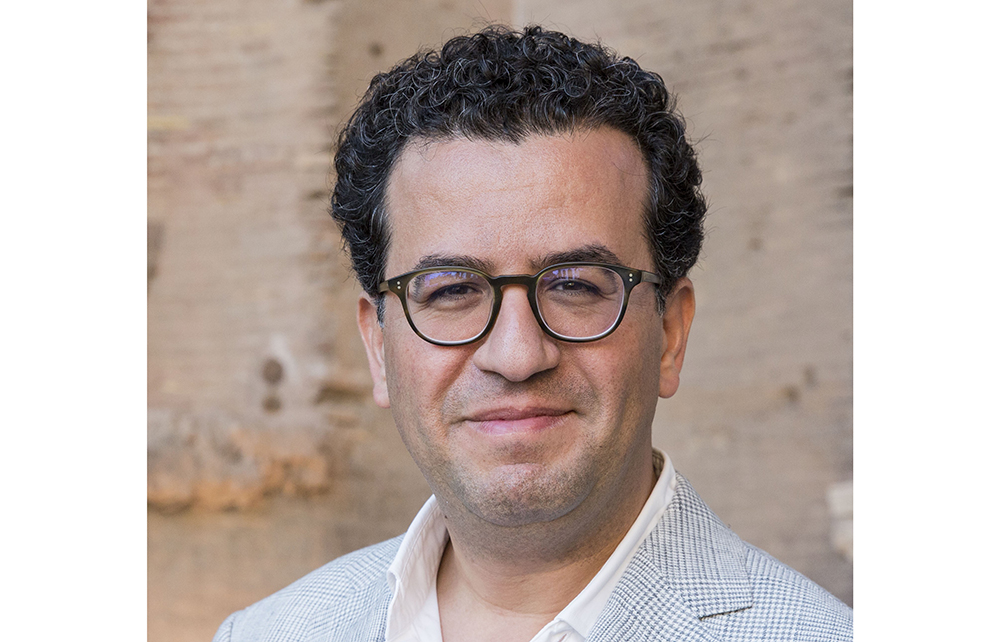Hisham Matar’s third novel is, among its many other virtues, a paean to reading widely; to imagining literature as not, in the narrator Khaled’s words, ‘a field of demarcations’, but as a great river that connects and animates ‘the entire human event’. Reading is how Khaled – exiled from Libya when his part in the anti-Gaddafi demonstration at the country’s embassy in St James’s Square in April 1984 made a return to Benghazi impossible – lays the foundations beneath his precarious life in London. Carrying with him his father’s copy of Abual Ala al Ma’arri’s The Epistle of Forgiveness, an 11th-century precursor to Dante’s Divine Comedy, he ponders the links between Stendhal and Mahfouz, Borges and Conrad. In the land of the imaginary, he finds something more concrete and sustaining than the tattered reality he is now forced to navigate.

Khaled has been deprived of his identity. Treated in hospital for the gunshot wounds inflicted on him by an unseen force at the demonstration, he is renamed Fred to preserve his anonymity and, over the subsequent years, he becomes adept at conjuring up stories to assuage the fears and disappointments of his parents and sister – and the silent presence of the government eavesdropper – during painful telephone calls home. It is the extent to which he is a fugitive from himself as well as a repressive and vengeful regime that dramatises this insistently and powerfully understated novel, which nestles its metaphysical enquiries between the folds of stark and brutal political and social upheavals.
The novel’s title indicates Khaled’s desire for self-effacement. It is November 2016, and he is on a meandering walk home after having seen his friend Hosam on to the Eurostar to Paris, eventually bound for a new life in ‘the ever, ever after’ of San Francisco.







Comments
Join the debate for just £1 a month
Be part of the conversation with other Spectator readers by getting your first three months for £3.
UNLOCK ACCESS Just £1 a monthAlready a subscriber? Log in